Summaries of books about Science & Math:

The Ends of the World
Volcanic Apocalypses, Lethal Oceans and Our Quest to Understand Earth's Past Mass Extinctions
Peter Brannen
The book explores Earth's history through the lens of its five major mass extinctions, examining the geological and paleontological evidence to understand the causes and consequences of these catastrophic events. It delves into the role of volcanic eruptions, climate change, and asteroid impacts, while drawing parallels to contemporary environmental challenges and the potential for future extinctions.
See full summary
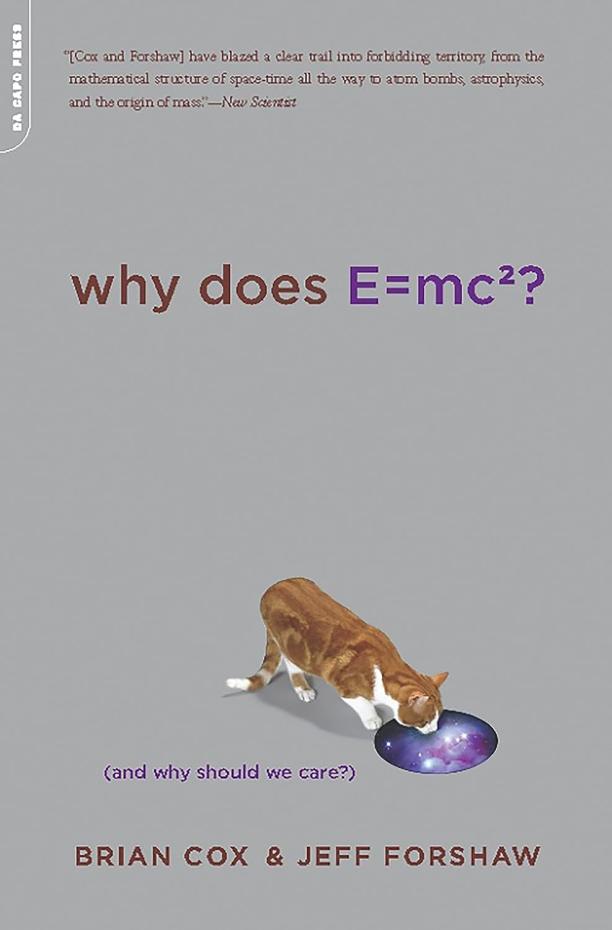
Why Does E=mc2?
Brian Cox|Jeff Forshaw
The book delves into the meaning behind the famous equation E=mc^2, exploring the concepts of energy, mass, and the speed of light, and how they relate to the theory of relativity. It also discusses the equation's profound implications for our understanding of the universe and its significance in both physics and our everyday lives.
See full summary
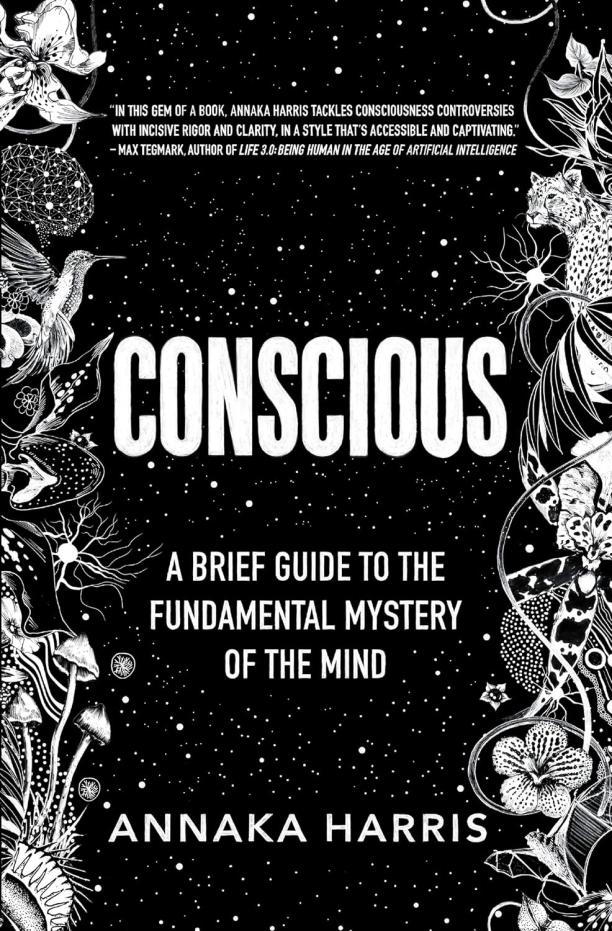
Conscious
A Brief Guide to the Fundamental Mystery of the Mind
Annaka Harris
The book explores the enigmatic nature of consciousness, examining both scientific and philosophical perspectives to understand what consciousness is and how it can arise in the physical world. It delves into the complexities of subjective experience, discussing theories and experiments that challenge our traditional notions of reality and the self.
See full summary
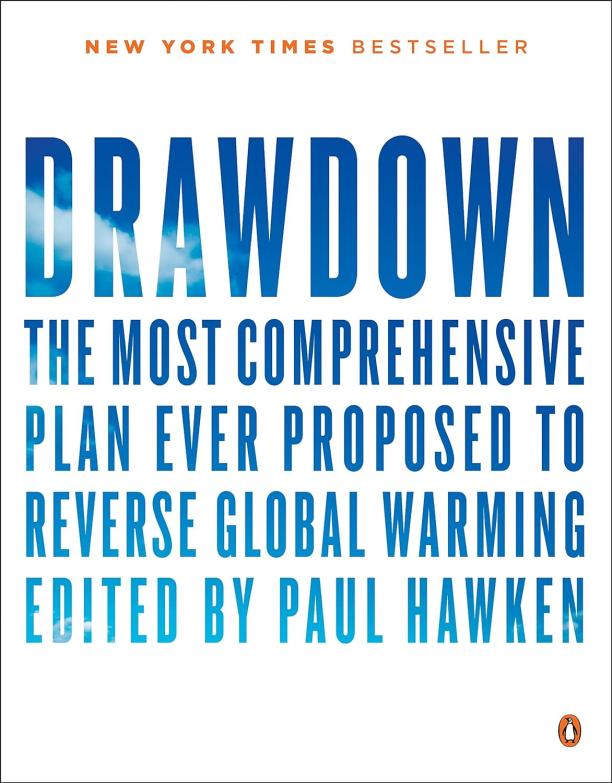
Drawdown
The Most Comprehensive Plan Ever Proposed to Reverse Global Warming
Paul Hawken
The book presents a detailed analysis of 100 solutions to reduce carbon emissions and combat climate change, ranked by effectiveness and feasibility. It encompasses a wide range of strategies, from renewable energy to regenerative agriculture, emphasizing the potential for collective action to achieve a sustainable future.
See full summary
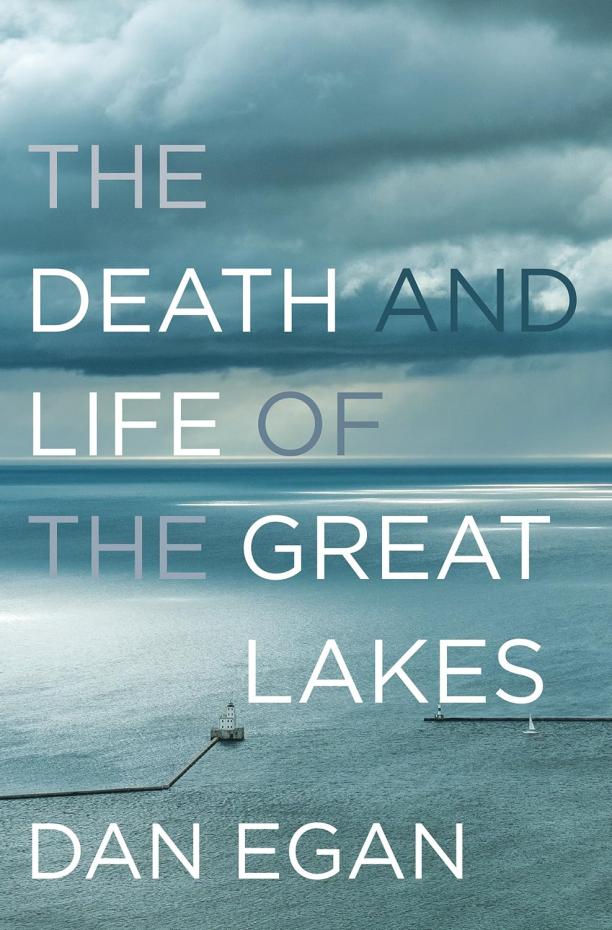
The Death and Life of the Great Lakes
Dan Egan
The book explores the ecological history of the Great Lakes, detailing the impact of invasive species and human activity on these freshwater ecosystems. It examines the challenges of restoring and protecting the lakes from further environmental degradation.
See full summary

Gathering Moss
A Natural and Cultural History of Mosses
Robin Wall Kimmerer
The book explores the biology, ecology, and cultural significance of mosses, blending scientific knowledge with personal narrative and indigenous wisdom. It delves into the miniature world of mosses, examining their resilience, life cycles, and role in ecosystems, while also reflecting on human interactions with the natural world.
See full summary
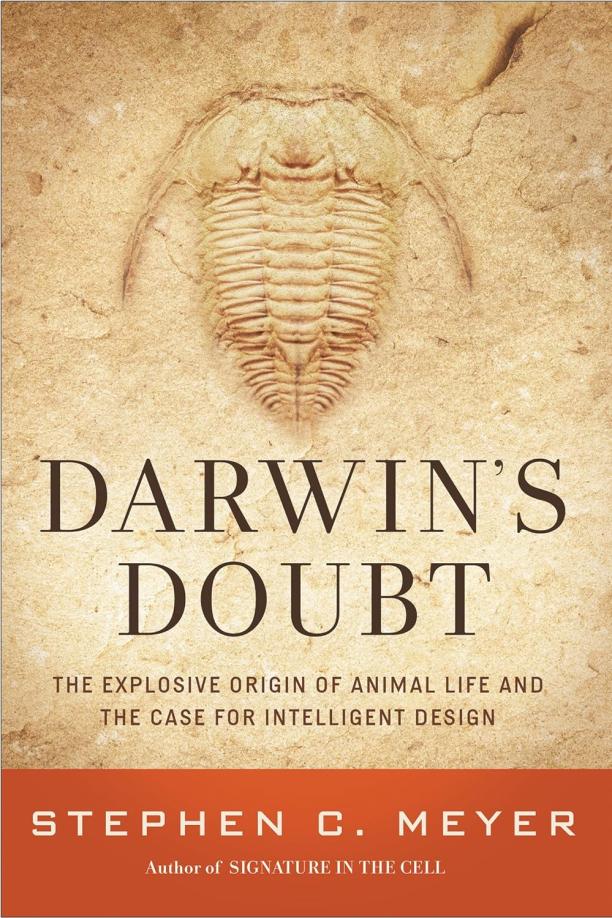
Darwin's Doubt
The Explosive Origin of Animal Life and the Case for Intelligent Design
Stephen C. Meyer
The book examines the Cambrian explosion, a period when a vast number of animal species appeared abruptly in the fossil record, which the author argues poses a challenge to the theory of evolution by natural selection. It presents the case for intelligent design as an alternative explanation, suggesting that the complexity and diversity of life during this period cannot be fully explained by current evolutionary mechanisms.
See full summary
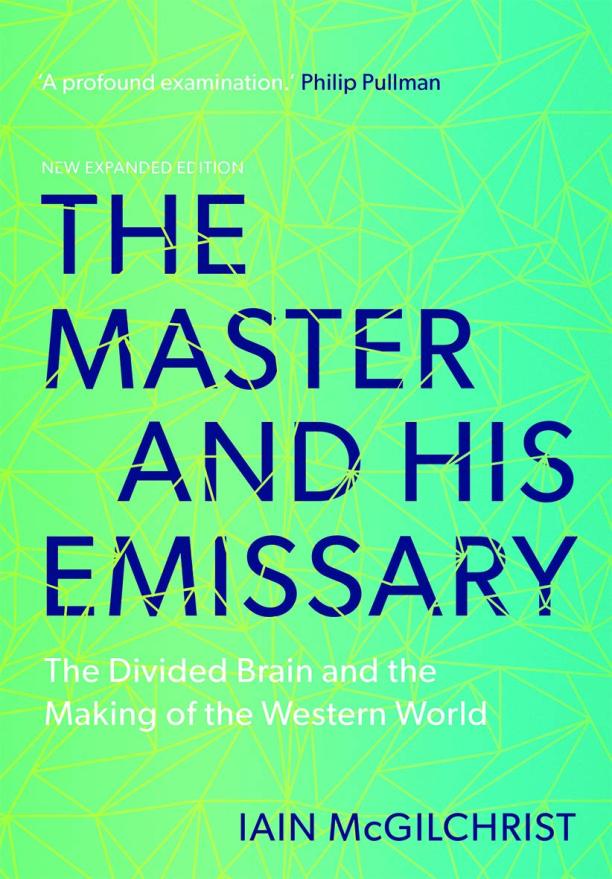
The Master and His Emissary
The Divided Brain and the Making of the Western World
Iain McGilchrist
The book explores the differences between the left and right hemispheres of the human brain, arguing that the Western world has been overly dominated by the left hemisphere's mechanistic and reductionist approach, leading to a societal imbalance that overlooks the right hemisphere's holistic and empathetic perspective. It delves into historical, cultural, and philosophical contexts to illustrate how this cerebral dichotomy has shaped Western civilization's development and values.
See full summary
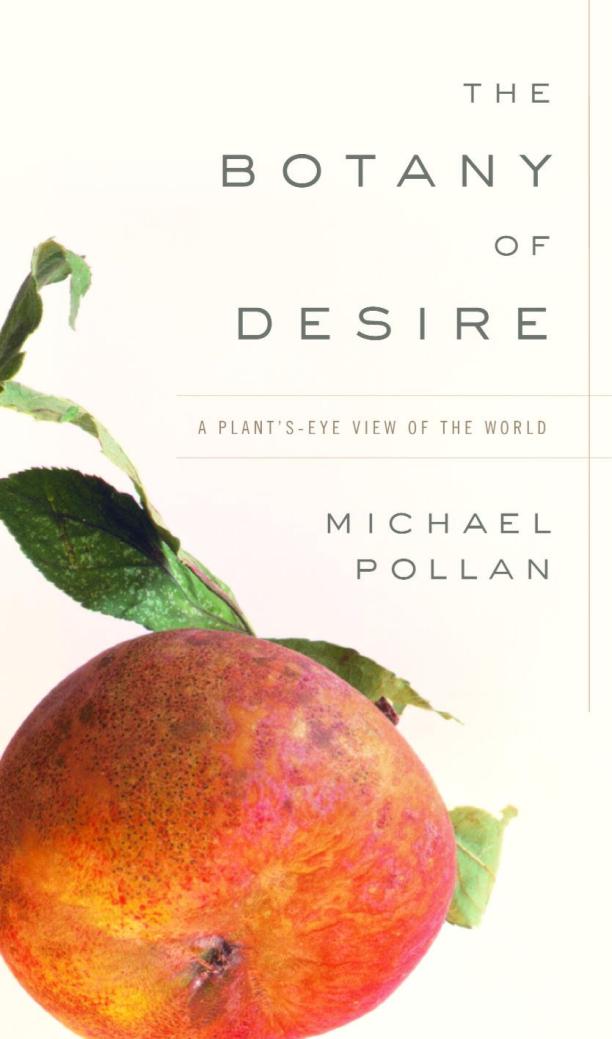
The Botany of Desire
A Plant's-Eye View of the World
Michael Pollan
The book explores the complex relationship between humans and plants, suggesting that plants have evolved to appeal to human desires for beauty, intoxication, sustenance, and control. It focuses on four examples: the apple, tulip, cannabis, and potato, and how each represents different human yearnings while simultaneously manipulating human behavior for their own reproductive success.
See full summary
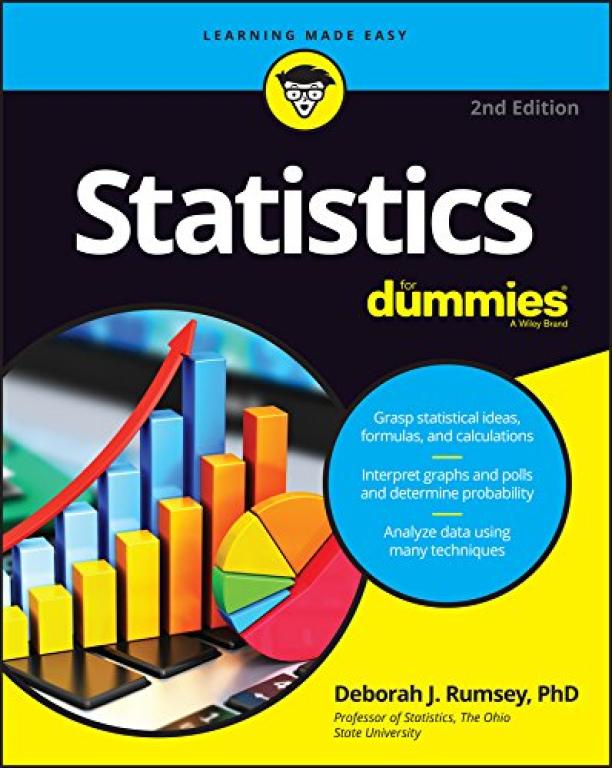
Statistics For Dummies
Deborah J. Rumsey
The book serves as an introductory guide to statistics, covering fundamental concepts, methods, and techniques for collecting, analyzing, and interpreting data. It includes explanations of statistical tests, probability, distributions, and practical applications, all presented in an accessible and user-friendly manner for beginners.
See full summary